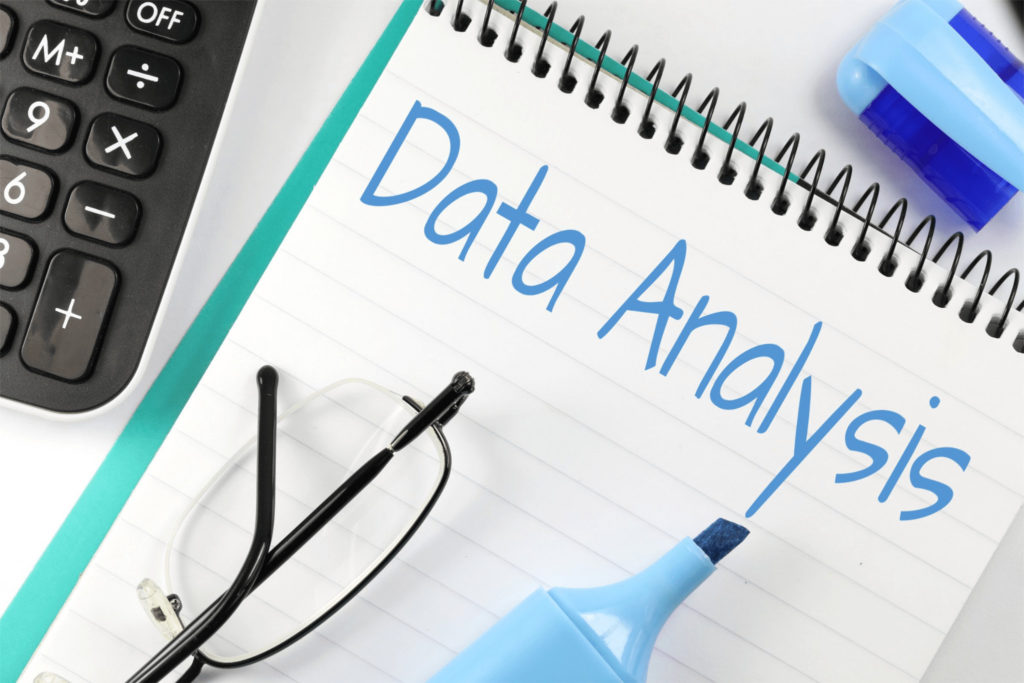Jobs with data like scientists and analysts are short of a large number of workers, so the opportunity to participate and develop in these two fields is very high.
However, data scientist vs. data analyst has many clear differences that affect the nature and responsibilities of each job.
In today’s article, I will provide helpful information and make visual comparisons to help you better understand the difference between these two areas.
What Is A Data Analyst?

A data analyst represents the voice of data. They perform deep-dive analytics to provide insights into the decisions of business leaders.
Analysis is the primary job that a data analyst will undertake in a company or organization. In addition, the work of this field also extends to elements such as reviewing, evaluating, and synthesizing data from many different sources to provide visual perspectives on the current state of a problem.
The data analyst is also responsible for visualizing and presenting various types of information on charts or spreadsheets for other departments to refer to.
In the past, data was of significant value in research and making appropriate strategies. Today, its role is increasing due to the need for development. It is essential to detect customer changes through collected data.
What Is A Data Scientist?

A data scientist performs statistical analysis processes; mining and retrieving data from large amounts of data.
A data scientist must provide evidence from the data; then propose solutions related to different business problems. From there, find ways to optimize performance for the organization.
A data scientist will be the creator of computations, algorithms, and software for the work of data analysts. In other words, people working in the field of data scientists will provide the foundations for information research methods.
This field’s scientists can still quickly get into analytics jobs. On the contrary, data analysts have to learn more skills to become data scientist.
The job of data scientists is rather troublesome and complex when they have to do an in-depth study of data in various forms.
In addition, data scientists also have to research and produce standard models.
Key Differences
To clarify the differences between data analysts and scientists, I will compare some of the characteristic features of these two fields.
| Data Scientist | Data Analyst | |
|---|---|---|
| Responsibilities | – Query, analyze, organize and evaluate data – Use SQL or Excel to get information and organize analytics – Give the most overview charts or patterns – Provide information for many other departments | – Dig deep into types and identify problems – Solve problems and create solutions quickly – Infrastructure research and development – Build long-term forecasts or models |
| Education | Degree in computer science or technology disciplines | Degree in science, information technology, or mathematics |
| Salary | $146,270 | $83,750 |
1. Skill
Skill is one of the essential factors that distinguish data analysts and scientists.
As I have analyzed above, the work of a data analyst and scientist has some similarities, so both fields inevitably need to use analytical and qualitative skills.
However, with the size of the set and the query needs, the necessary software skills will also change to meet users’ needs.
Here we can point out some outstanding differences:
- Data scientists will choose to use programming languages like Python and R to be able to intervene in the process of computing and understanding data deeply. In another dimension, data analysts prefer SQL or Excel because of its intuitiveness and ease of use.
- Data scientists will use machine learning and modern and sophisticated tools like AI to enable long-term analysis, forecasting, and simulation of models. The data analyst will use visual description software to produce the most understandable reports.
- Data scientists often work with large sets, so conventional software can hardly meet their needs. Instead, these people often use their programming languages to analyze data.
2. Job outlook
The prospects of both industries are very high, but science will be slightly better than data analysis. To develop a professional data analyst career, you will often start as an entry-level data analyst.
During the first years of work, you will become familiar with using business data, querying databases, and generating reports.
After a long time of upgrading your skills, you can become a data analyst and senior data consultant. These positions require advanced techniques for much more attractive salaries.
The demand for data science jobs is no less than that for data analyst positions. The average salary for a data scientist is also relatively high.
In addition to knowing about building algorithms and predictive models, you need to know how to use data to solve business problems.
3. Responsibilities
Data Analyst:
- Query and analyze and organize and evaluate data
- Use SQL or Excel to get information and organize analytics on these apps.
- Give the most overview charts or patterns.
- Provide information for many other departments
Data Scientist:
- Dive deep into data from complex to simple, from organized to disorganized
- Dig deep into types and identify problems
- Solve problems and create solutions quickly and rationally
- Use programming languages to develop more tools and formulas
- Infrastructure research and development
- Build long-term forecasts or models
4. Education
The data analyst is not a job for those with a bachelor’s degree in computer science or technology groups in general. A degree in mathematics, statistics, or financial economics can still apply for this position.
With data scientists, the requirements will be much higher when you need a master’s or doctorate in specialized fields such as science, information technology, mathematics, or statistics.
5. Pros & Cons
| Data Analyst | Data Scientist | |
|---|---|---|
| Pros | Work with more basic types Simple task No need to know too much about programming Come from many different disciplines No advanced degree required | High salary Great job opportunity High growth opportunity Must work with many types Need to know programming and many other skills |
| Cons | Low growth opportunities | Need an advanced degree |
Which Is For You?
Although both jobs require you to have specific statistics and computer science knowledge, each position requires unique skills. To determine the most suitable job, you must consider your passion.
If you’re a fan of analytics and reporting, you’ll probably love working as a data analyst. In addition, this job also requires you to be proficient in statistical software and database software.
Meanwhile, if you’re interested in creating new ways to collect data instead of the usual analysis, you’ll be a good fit for a data scientist position.
For this job, you not only need to be proficient in data analysis but also need to understand programming languages such as Python, Java, and machine learning.
Conclusion
With this article, I hope you have gained more knowledge about a data scientist and data analyst to draw conclusions about which field is suitable for you.
If you have any other related questions, do not hesitate to leave a comment right in the section below to receive a timely response. Thanks for reading!
